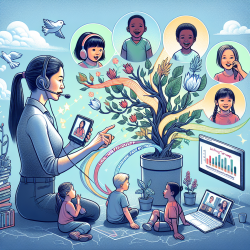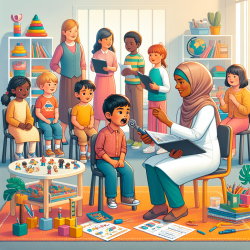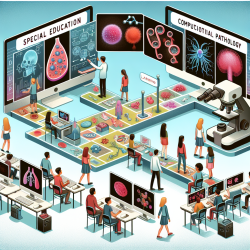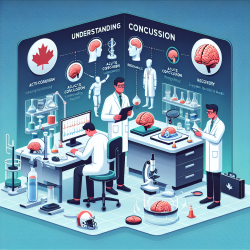In the ever-evolving field of special education, it's crucial to draw from historical insights to enhance our current practices. The research article "The history of medicine in Ireland" by J. O. Woods, published in The Ulster Medical Journal, offers valuable lessons that can be applied to modern therapeutic practices, especially in the realm of online therapy services provided by companies like TinyEYE.
Understanding Historical Context
The history of medicine in Ireland is a rich tapestry of innovation, adaptation, and resilience. From early medieval practices to modern advancements, Ireland's medical history teaches us the importance of:
- Adaptability: Medical practitioners in Ireland have historically adapted to changing circumstances, whether it was through responding to plagues or integrating new scientific discoveries.
- Community-Centered Care: Irish medical history underscores the importance of community involvement in healthcare, emphasizing a holistic approach that considers the patient's environment and support systems.
- Education and Continuous Learning: The development of medical schools and the emphasis on education highlight the need for continuous learning and professional development.
Implementing Historical Insights in Modern Practice
Drawing from these historical insights, modern practitioners can improve their skills and enhance the quality of care they provide. Here are some practical steps:
1. Embrace Adaptability
In the fast-paced world of online therapy, adaptability is key. Just as Irish medical practitioners adapted to new challenges, therapists must be flexible in their approaches. This can involve:
- Utilizing new technologies to improve service delivery.
- Adapting therapy techniques to meet the unique needs of each student.
- Staying informed about the latest research and best practices in the field.
2. Foster Community-Centered Care
The holistic approach seen in Ireland's medical history can be applied to online therapy by:
- Engaging with parents, teachers, and other stakeholders to create a supportive environment for students.
- Incorporating family and community dynamics into therapy plans.
- Promoting collaboration and communication among all parties involved in a student's care.
3. Commit to Continuous Learning
The emphasis on education in Ireland's medical history serves as a reminder of the importance of lifelong learning. Practitioners can:
- Attend conferences, webinars, and workshops to stay updated on the latest developments.
- Engage in professional networks to share knowledge and experiences.
- Read relevant publications and research articles to enhance their understanding and skills.
Encouraging Further Research
While historical insights provide a solid foundation, continuous research is essential for ongoing improvement. Practitioners are encouraged to:
- Explore historical medical practices and their outcomes to gain a deeper understanding of effective strategies.
- Conduct their own research to contribute to the body of knowledge in online therapy and special education.
- Collaborate with academic institutions to bridge the gap between research and practice.
Conclusion
By embracing the lessons from Ireland's medical history, modern practitioners can enhance their adaptability, foster community-centered care, and commit to continuous learning. These principles are essential for providing high-quality online therapy services and ensuring the best outcomes for students.To read the original research paper, please follow this link:
The history of medicine in Ireland. 









